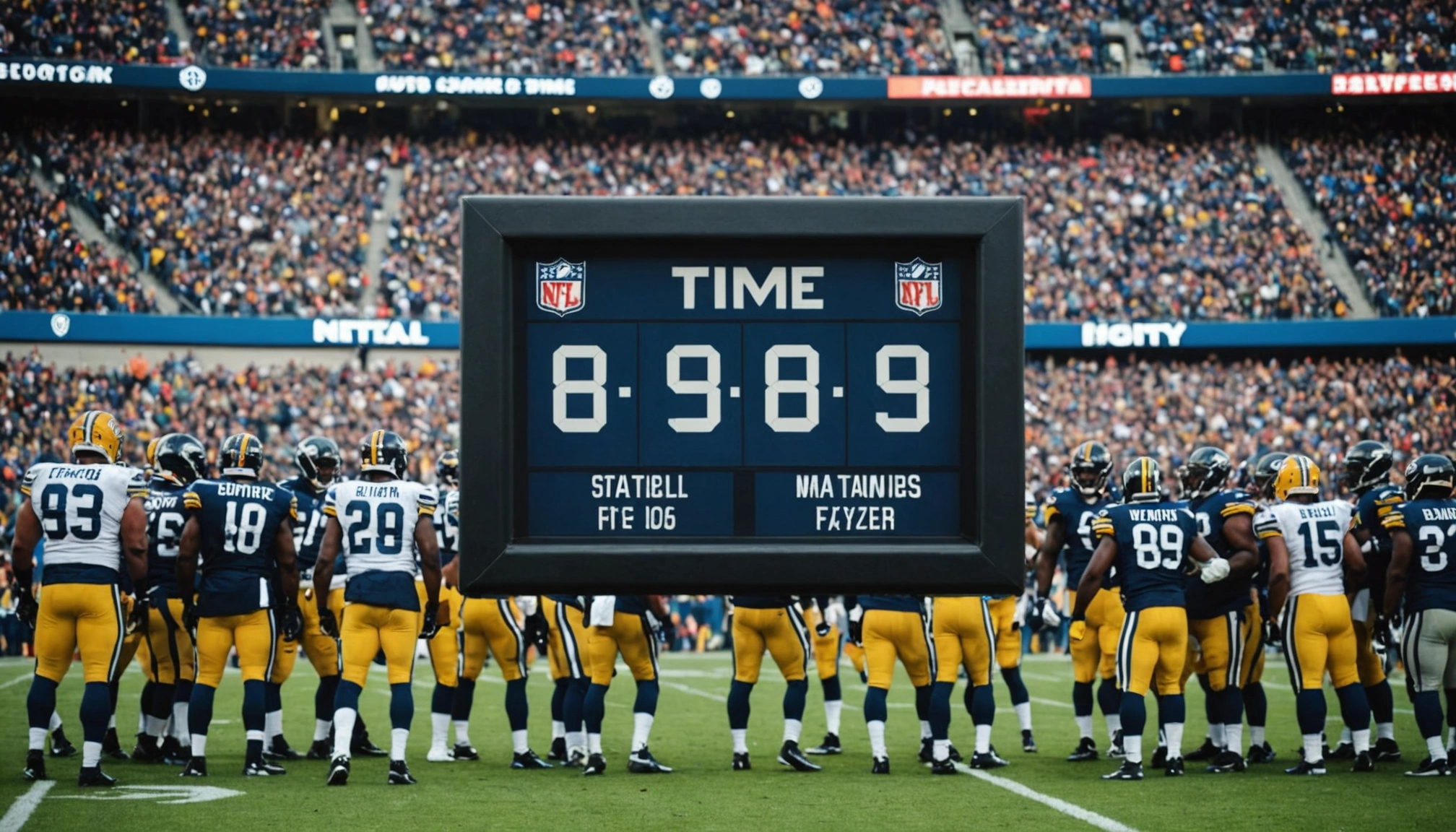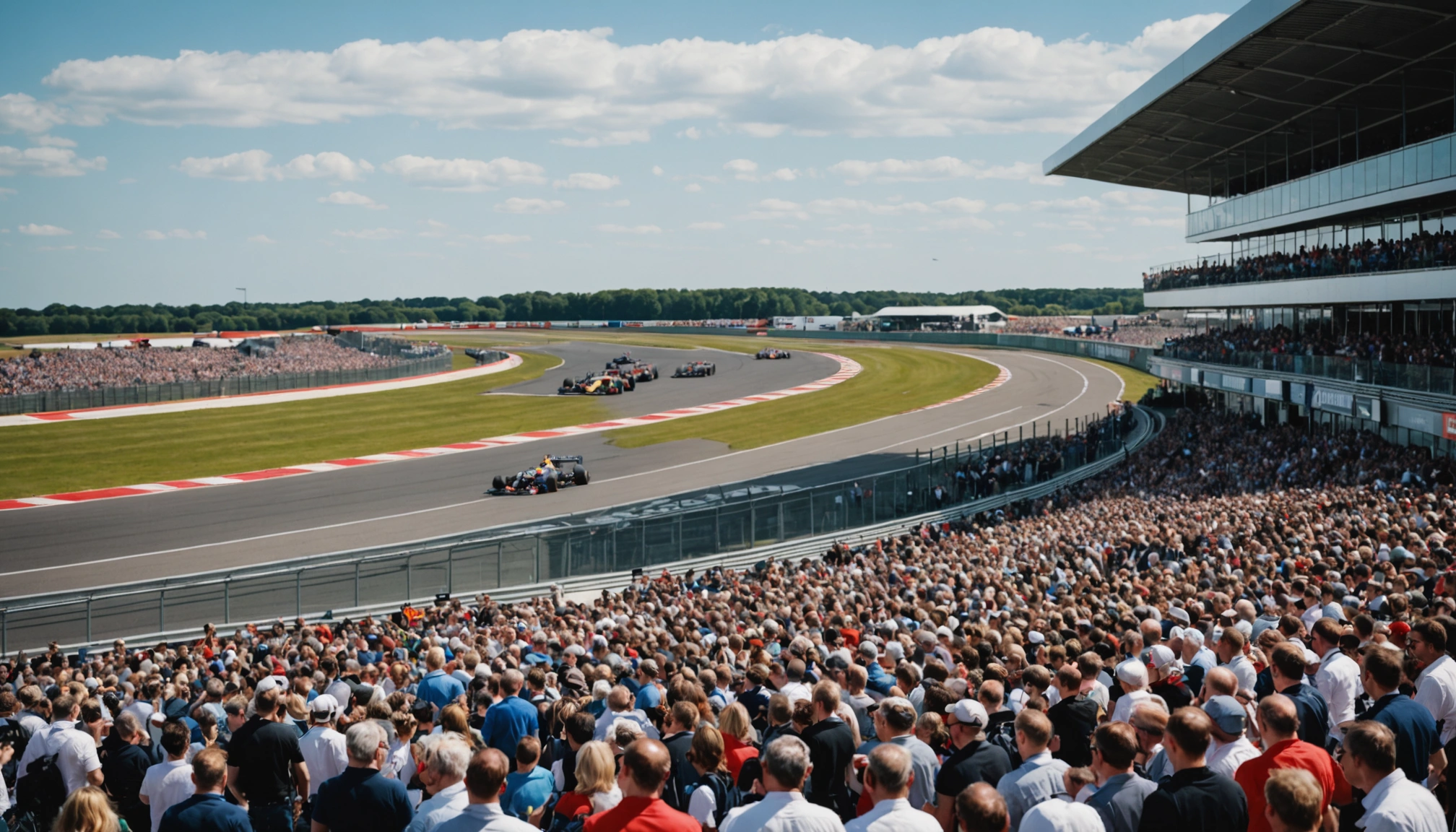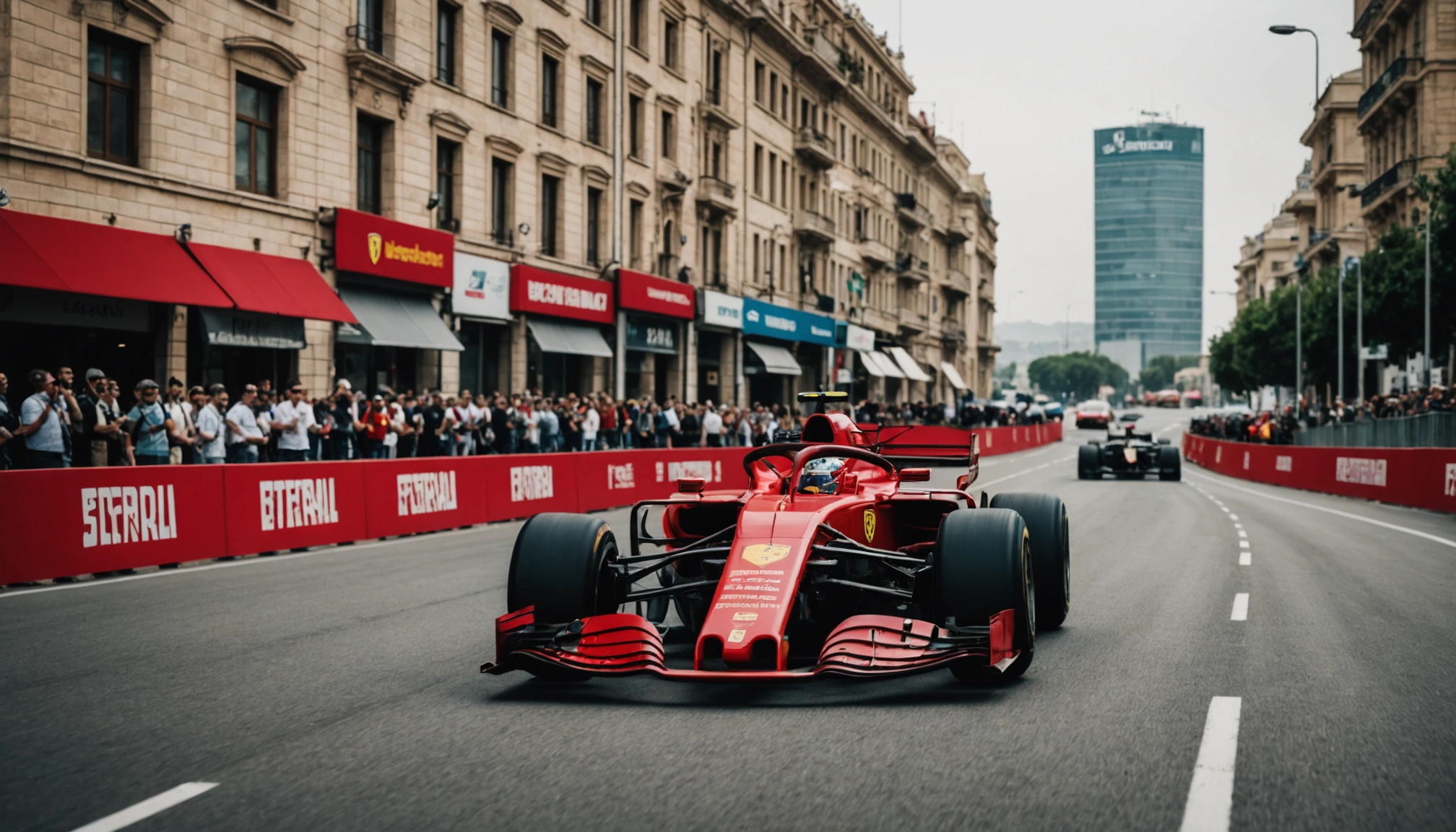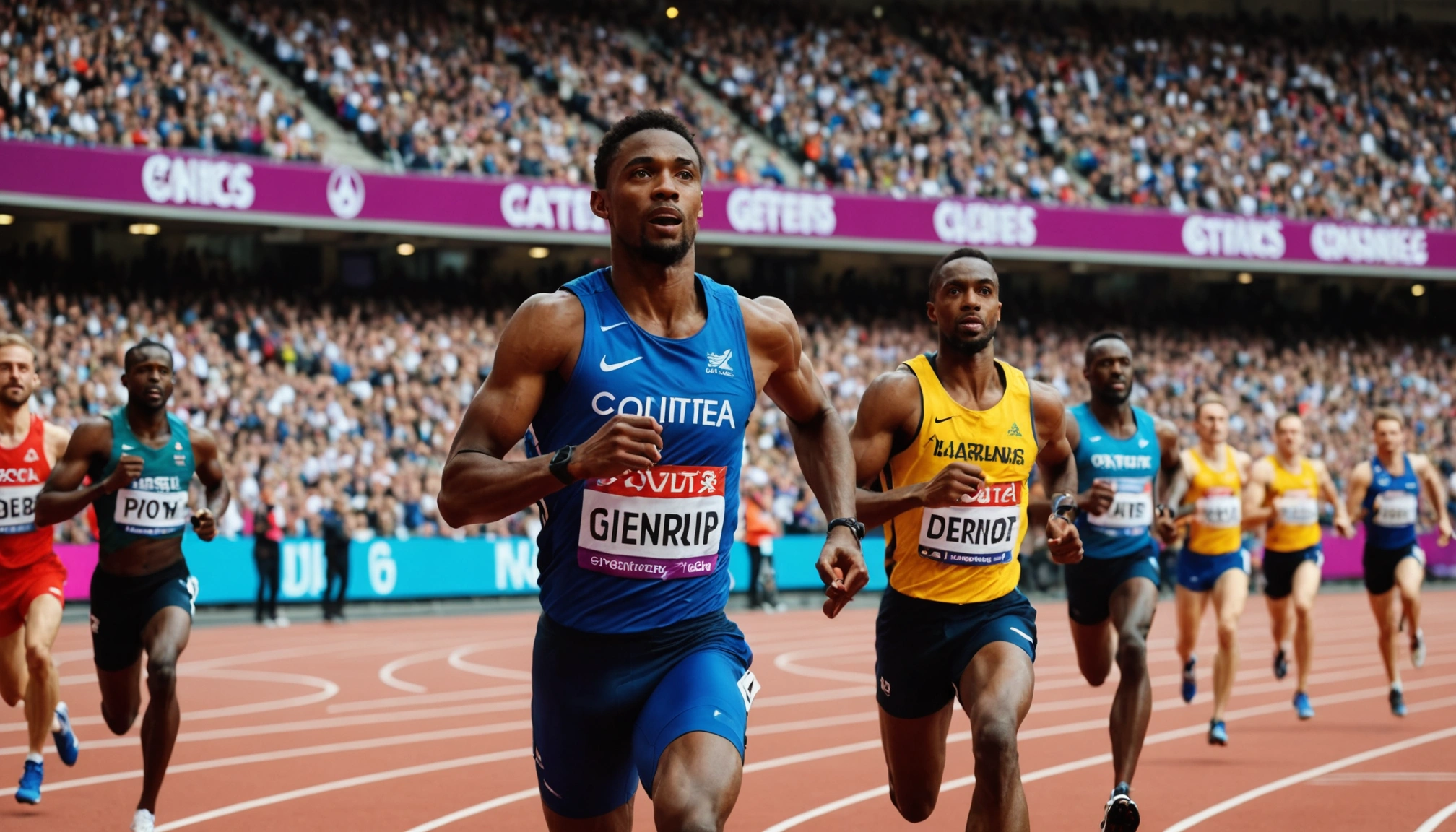Setback For Yamaha As Augusto Fernandez Faces Tough Day On V4-Powered M1
Augusto Fernandez endures a challenging day on Yamaha's V4-powered M1, highlighting ongoing issues with bike performance. Discover the latest MotoGP insights.
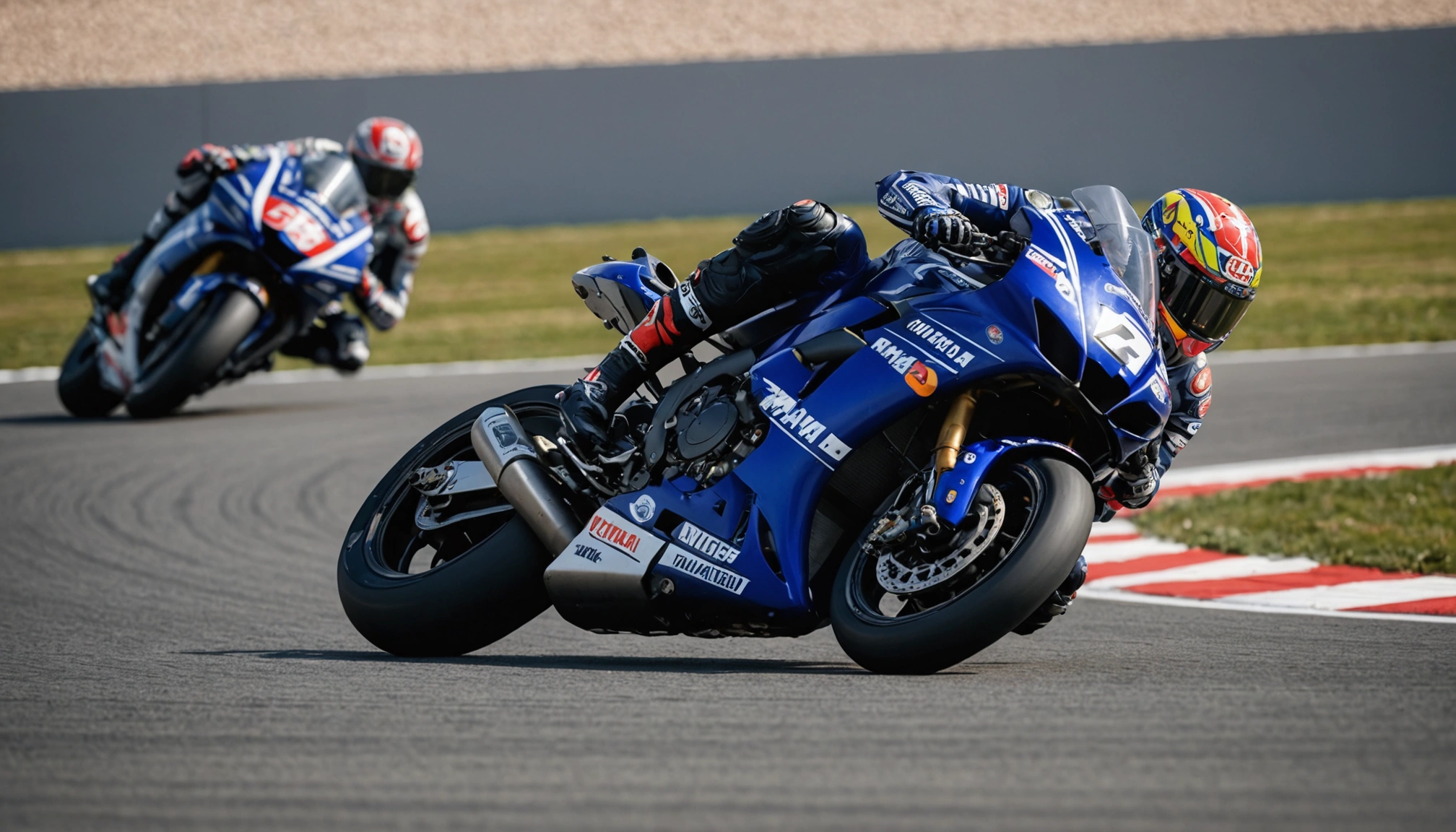
By Editorial
Introduction To Yamaha's Recent MotoGP Challenges
Yamaha's MotoGP campaign has recently encountered a significant hurdle with rider Augusto Fernandez describing his experience on the new V4-powered M1 as a "long, hard" day. This setback has raised questions about the performance and adaptability of Yamaha's latest machine amid fierce competition.
Augusto Fernandez's Struggle On The V4-Powered M1
Fernandez, a promising talent in the MotoGP paddock, expressed his difficulties adapting to Yamaha's updated V4 engine configuration. Unlike the previous inline-four setup, the V4-powered M1 requires a different riding style and presents unique handling characteristics that are still proving challenging.
During the recent race weekend, Fernandez struggled with tyre wear and stability, which affected his lap times and overall race pace. His candid admission of the difficulties reflects the steep learning curve Yamaha faces to optimise this new configuration.
Technical Challenges Behind The V4 Engine
The switch to a V4 engine was intended to bring Yamaha in line with its competitors, many of whom already use V4 engines for better power delivery and cornering performance. However, this transition has not been smooth. Engineers are still fine-tuning the bike's balance and electronic settings to maximise grip and reduce rider fatigue.
These technical challenges have tangible effects on race outcomes. For example, Fernandez’s lap times lagged compared to riders on more settled machinery, and overtaking opportunities were limited by the bike’s unpredictable behaviour.
The Impact On Yamaha's Season And Rider Confidence
Yamaha’s difficulties with the V4-powered M1 have broader implications for the team’s championship aspirations. A rider struggling to extract peak performance inevitably affects team morale and points accumulation.
Fernandez’s experience is a case study in how technical upgrades can disrupt rider confidence. Maintaining morale and providing adequate support are critical components for Yamaha as it navigates this transitional phase.
Comparisons With Other Teams And Riders
Teams like Ducati and Honda have had more time to develop their V4 engines, giving them a competitive edge. Ducati's recent dominance, for instance, is partly attributed to their refined V4 powertrains and chassis integration.
Meanwhile, Yamaha’s approach contrasts with other manufacturers who have recently upgraded their machinery. The adaptation period for Fernandez mirrors similar challenges faced by riders in previous years after major technical shifts.
What This Means For Fans And The MotoGP Landscape
For MotoGP enthusiasts, Yamaha’s current struggles add an intriguing narrative to the season. It underscores the unpredictability of racing and the high stakes involved in pushing technological boundaries.
Fans following MotoGP can also explore broader football and cricket updates on England women’s cricket team gearing up for World Cup challenge or dive into the complete guide to 2026 World Cup European qualifying fixtures and schedule for a comprehensive sports experience.
Looking Ahead: Yamaha's Path To Recovery
Yamaha’s engineers are not standing still. Continuous testing and feedback from riders like Fernandez are crucial to refining the M1. Incremental improvements in electronics and chassis setup are expected to alleviate some of the current issues.
Furthermore, Yamaha’s commitment to rider development and technical innovation will be instrumental in overcoming these setbacks. The team’s history of resilience suggests that they will adapt and evolve to reclaim competitiveness.
Strategies For Improving Bike Performance
- Enhanced data analytics: Utilising telemetry to identify precise performance bottlenecks.
- Rider input integration: Closer collaboration between riders and engineers to customise bike settings.
- Incremental hardware upgrades: Gradual modifications to suspension, electronics, and aerodynamics.
Such strategies have proven effective in past MotoGP seasons, indicating a promising outlook for Yamaha despite current difficulties.
Conclusion: The Importance Of Adaptability In MotoGP
Augusto Fernandez’s tough day on the V4-powered M1 highlights the complexities of MotoGP racing where technological innovation meets human skill. Yamaha's challenge is a reminder that progress is rarely linear and that persistence is key.
As the season progresses, fans and analysts alike will watch closely to see how Yamaha navigates this phase. Meanwhile, exploring related sports developments, such as the Isak and Wissa transfer saga sparking debate on player power in football, offers a broader perspective on sports dynamics today.
Ultimately, adaptability and teamwork remain at the heart of success in MotoGP and all competitive sports.
Related topics
Editorial
Sports expert at SportsScoop
Specialist in sports analysis and journalism
Related articles
Want to read more?
Explore our comprehensive collection of sports articles and analysis, or contact us for more information.
